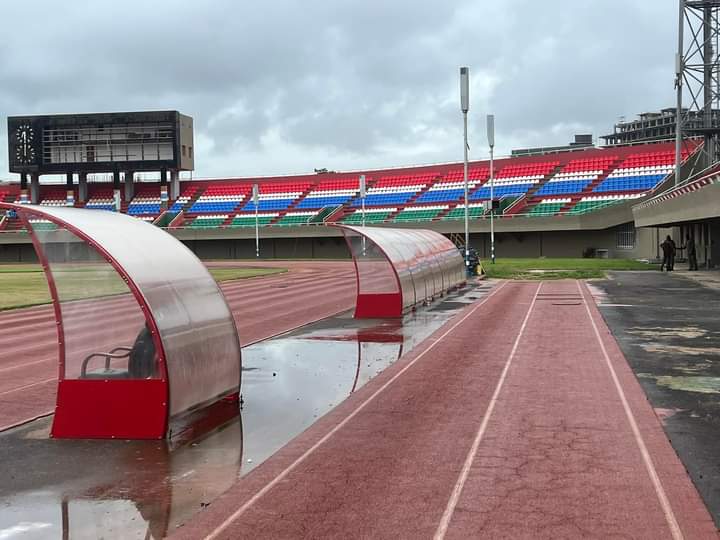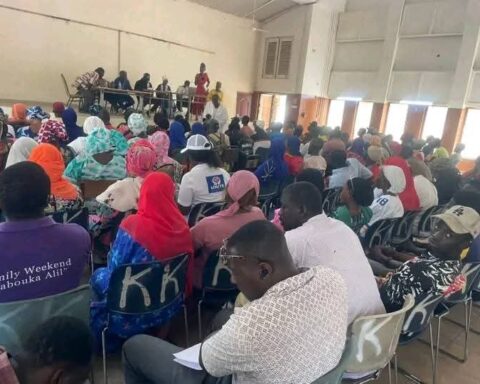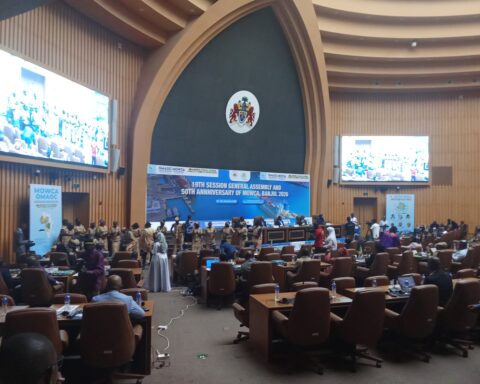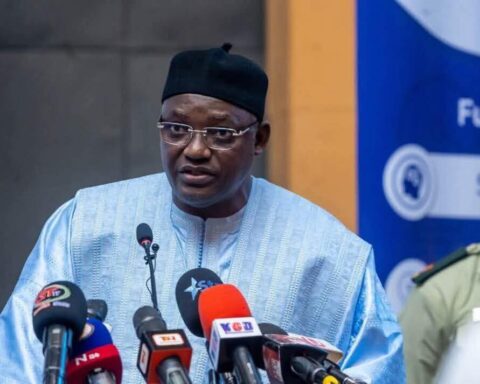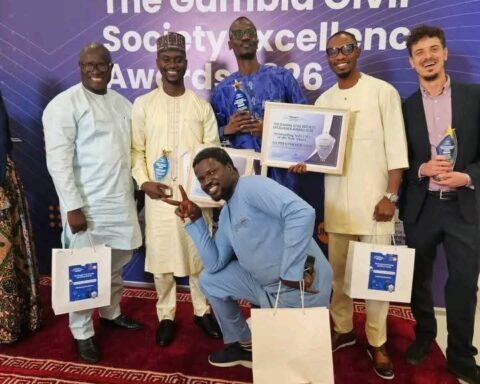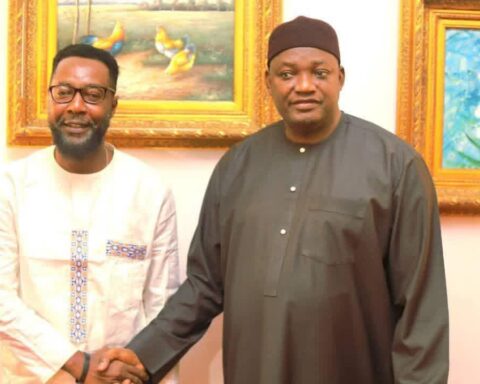In a significant stride towards environmental sustainability, the OMCG/ADWAC Partnership Project, also known as the OMVG Forest Protocol Project, continues to gain momentum under the supervision of The Gambia’s Department of Forestry. This initiative, aimed at safeguarding the nation’s forest resources, encompasses a range of activities including restoration, assisted natural regeneration (ANR), capacity building, micro-projects, and the establishment of firebreaks.
The Project Manager, Mustapha Dumbuya, has expressed his profound appreciation for the community’s active participation in the project’s activities. Dumbuya highlighted the necessity of reinforcing protection measures, emphasizing that efforts should not only focus on creating firebreaks but also include the implementation of regular patrols, ensuring effective communication, strict adherence to forest policy and legislation, and ongoing sensitization efforts. His sentiments underline the project’s commitment to a comprehensive approach in forest conservation, aiming to achieve long-term sustainability.
Moreover, the Regional Forest Officer for the Lower River Region (LRR), Mr. Lamin Bajo, commended the successful signing of the Joint Forest Park Management (JFPM) Agreement. This agreement is a testament to the dedication of community members who are committed to protecting the forest and its natural resources. Bajo’s gratitude reflects the significance of community engagement in achieving the project’s goals and the pivotal role that local stakeholders play in environmental stewardship.
The OMVG Forest Protocol Project, backed by key stakeholders such as YOUNGO, Pan African Climate Justice Alliance, U.S. Embassy Banjul, UK in The Gambia, Faith For Our Planet, UNDP The Gambia, Ministry of Environment, Climate Change and Natural Resources, European Union in The Gambia, Associate Humanitarian Fund, and The Association of Non-Governmental Organizations (TANGO), represents a collaborative effort to tackle the pressing environmental challenges facing The Gambia. This project is not only a beacon of hope for forest conservation but also a model for how partnerships between government, NGOs, and local communities can lead to impactful environmental outcomes.
As these efforts continue to unfold, the emphasis remains on the importance of proactive forest management strategies that engage communities and foster a sense of shared responsibility for the preservation of The Gambia’s rich natural heritage.


